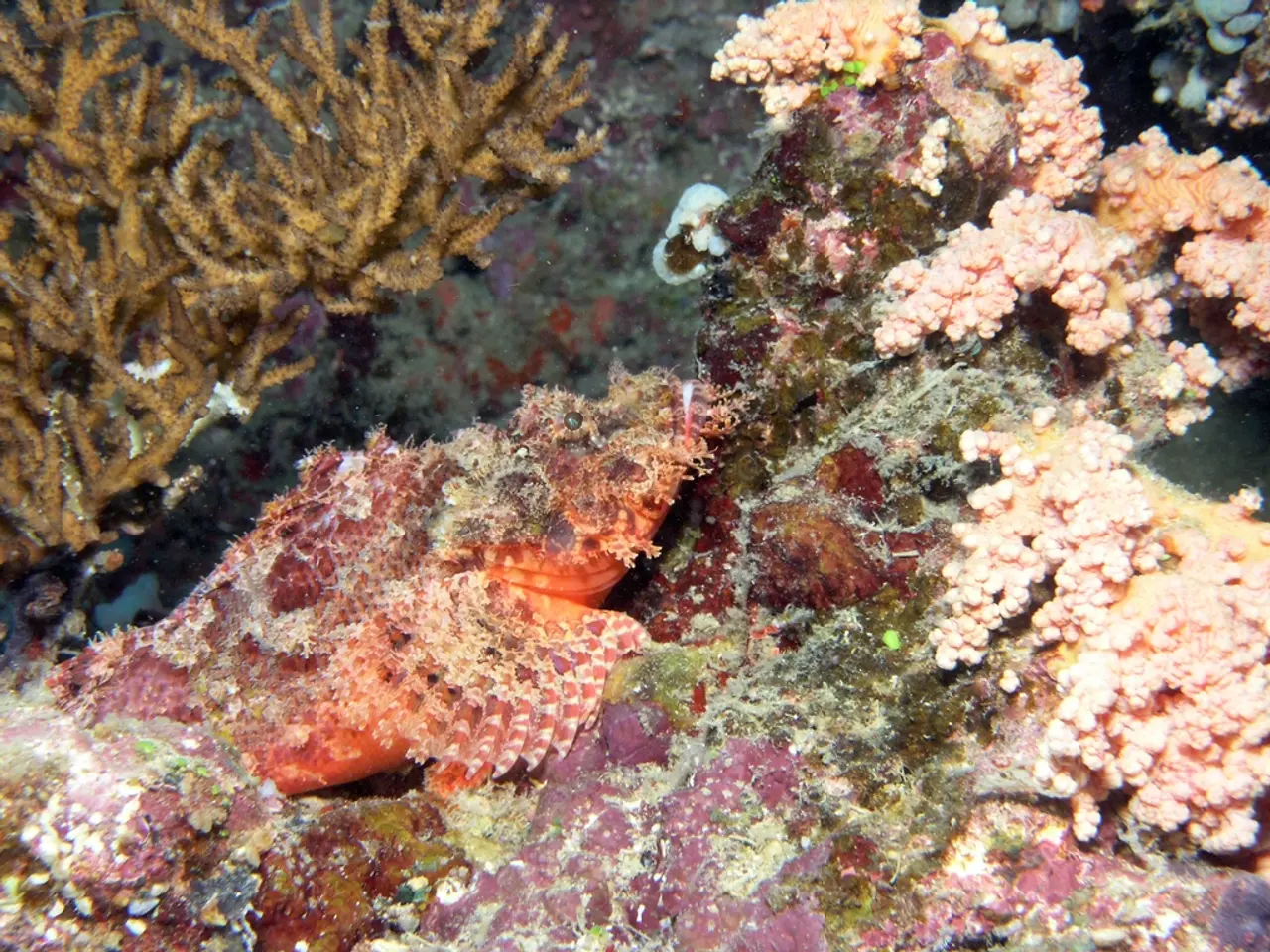Rapidly safeguarding the security of our oceans
In a significant move towards preserving the world's oceans, Portugal has announced plans to create the largest Marine Protected Area (MPA) network in the North Atlantic Ocean, spanning an impressive 287,000 square kilometers. This ambitious project is part of a growing global effort to conserve marine ecosystems and safeguard the rich biodiversity they harbour.
The international community has rallied behind this cause, adopting the Kunming-Montreal Global Biodiversity Framework. This groundbreaking agreement aims to conserve at least 30% of the world's land and seas by 2030, a target that has already been achieved by the Dominican Republic, making it the first Caribbean country to reach this milestone. The Dominican Republic achieved this feat by designating a new MPA and expanding an existing sanctuary.
Mangroves, a vital component of marine ecosystems, are a specific focus of this global push. These resilient ecosystems provide essential services, such as protecting coastlines from storm surges and erosion, and serving as nurseries for various marine species.
The importance of marine conservation extends far beyond the oceans themselves. Coral reefs, for instance, are a valuable resource, providing goods and services valued at approximately US$2.7 trillion per year. However, the world is currently experiencing the largest coral-bleaching event on record, a stark reminder of the urgent need for action.
Fish, another key resource, are a primary source of protein for approximately 3.3 billion people. Sustainable management of marine resources is crucial to ensure food security for billions of people worldwide.
The ocean also plays a vital role in mitigating the effects of climate change. It has absorbed more than 90% of the excess heat caused by human-generated climate change since 1971. This absorption, however, comes at a cost. Biodiversity collapse and climate-related disasters could cost trillions of dollars in lost productive capacity.
Recognising the need for immediate action, the High Ambition Coalition for Nature and People (HAC) has launched a rapid deployment mechanism. This mechanism provides small grants for the development and implementation of 30-by-30 plans, a crucial step towards achieving the global target of conserving 30% of the world's land and seas by 2030.
The Southeast Asian region, with its rich marine biodiversity, is at the forefront of this global effort. However, there are no publicly available lists naming which countries have joined the 30-by-30 initiative but have yet to implement comprehensive marine protected areas.
The topic of water is inextricably linked to this discussion. After all, the health of our oceans is closely tied to the health of our freshwater resources. The SDG (Sustainable Development Goal) 13, Climate, is also relevant, as the preservation of marine ecosystems is a crucial component of climate change mitigation and adaptation efforts.
In conclusion, the global community is taking strides towards protecting our oceans and marine resources. From Portugal's ambitious MPA network to the Dominican Republic's achievement of the 30%-protection target, it is clear that the world is waking up to the importance of marine conservation. However, much work remains to be done, especially in regions such as Southeast Asia, where the need for comprehensive marine protected areas is urgent.








